National
Simultaneous Storytime
On May 25th
our school participated in National Simultaneous Storytime. This event is held
annually by the Australian Library and Information Association (ALIA). Every year a picture book, written and
illustrated by an Australian author and illustrator, is read simultaneously in
libraries, schools, pre-schools, childcare centres, family homes, bookshops and
many other places around the country.
In promoting
this event ALIA aim to:
·
promote the value of reading and
literacy,
·
promote the value and fun of books,
·
promote an Australian writer and
publisher,
·
promote storytime activities in
libraries and communities around the country,
·
provide opportunities to involve
parents, grandparents, the media and others to participate in and enjoy the
occasion. (ALIA)
This year we
all enjoyed the book Family Tree by
Josh Pyke and Ronojoy Ghosh.
The Library Program
Kindergarten:
Bruce
Whately is an internationally recognised award-winning author/illustrator. He
has written and /or illustrated over 80 picture books for children.
His aim is
to entertain and surprise the reader with illustration styles that vary
considerably depending on the text and the age group of his audience.
The students
in Kindergarten have been engaged with and responsive to the texts that they
have been studying this term.
Stage One:
The students
have been studying the work of John Burningham in library lessons with Mrs
Farr.
He was an
English multi award winning author and illustrator of picture books for young
children. His obituary in 2011 stated that:
The evolution of the art of picture
book-making, of composing a graphic sequence of pictures and words in
interdependent harmony, owes much to Burningham, who along with Maurice Sendak
was one of the greatest masters of the medium.
Information
Fluency
Information fluency is the ability to
critically think while engaging with, creating and utilising information and
technology, regardless of the information platform or medium.
Texts provide the means for
communication. Students need to access, understand, analyse and evaluate
information, make meaning, express thoughts and emotions, present ideas and
opinions, interact with others and participate in activities at school and in
their lives beyond school. Success in any learning endeavour depends on being
able to make meaning from information. (Information Fluency
Framework. NSW Det)
The students
in stage two and three have been participating in information fluency programs
this term.
Stage Two
The students
have been learning about the importance of the fundamental skill of breaking
down a question into key words to research information. They have also learnt
to analyse websites using the following framework:
·
Currency:
Is the information up to date?
·
Relevance:
Does the information relate to your topic or answer your question?
·
Authority:
Who is the author and are they qualified to write about the topic?
·
Accuracy:
Is the information reliable (trustworthy) and supported by evidence (well
researched using scientific methods)?
·
Purpose:
Why does the information exist and is there any bias (is it trying to persuade
you to believe something)?
Stage Three
The students have been undertaking webquests using World Book Online.
Participating in webquests has the following benefits
- They pose clear, open-ended questions that require them to apply the skills of skimming and scanning that they have been learning in class.
- Tasks are explained in a step by step process so that the students understand what is required.
- The students are responsible for their own learning and construct a deeper understanding of the content.
- The
learning is self-paced and engaging.
The Premier’s Reading Challenge
Many of our students are participating in the challenge which
closes on August 19th.
Happy reading!
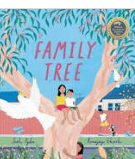












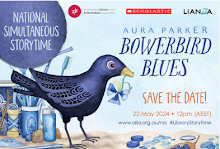


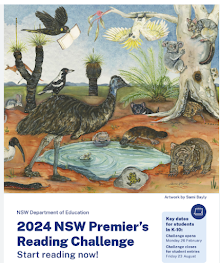








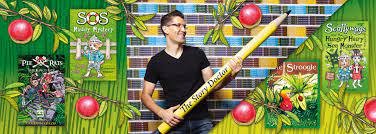








































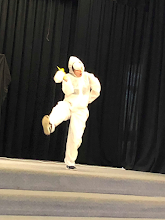




















































No comments:
Post a Comment